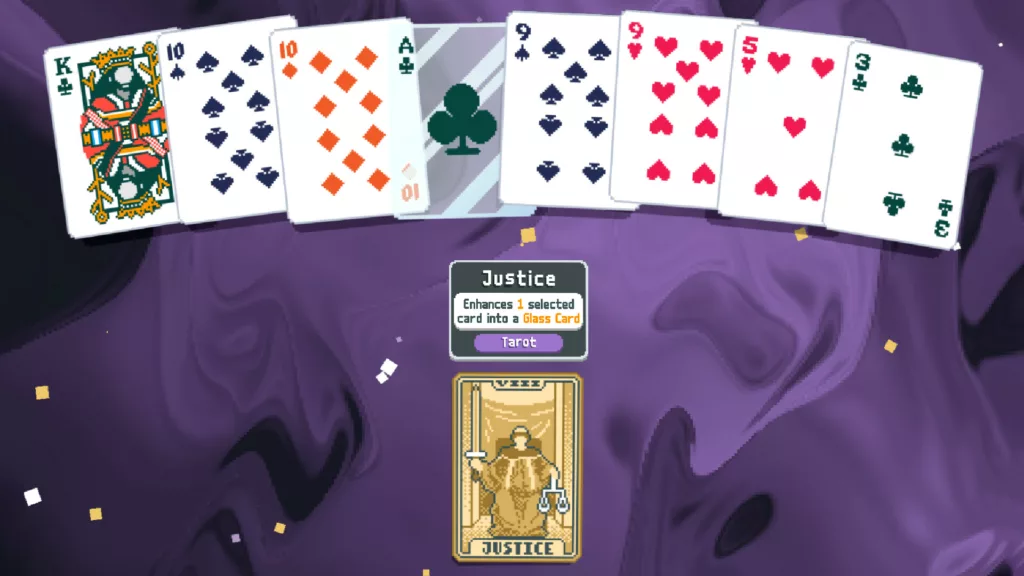The acclaimed roguelike deckbuilder Balatro has become embroiled in controversy after being pulled from digital storefronts over perceived gambling themes, despite the developer’s insistence that no actual gambling exists in the game.
Recently, Balatro’s age rating was abruptly increased from 3+ to 18+ by unspecified ratings boards, leading to its removal from Nintendo’s UK store and age restrictions on other platforms like PlayStation and Xbox. Publisher Playstack maintains the ratings change is “unfounded” and has vowed to fight what it calls an “overnight” decision made “without any advance warning.”
Developed by the solo creator LocalThunk, Balatro creatively adapts poker mechanics into a highly replayable, combat-free roguelike centered on racking up a high score. However, its poker inspiration seems to have misled some ratings agencies. “Balatro does not allow or encourage gambling – and we fundamentally believe the ratings decision is unfounded,” states Playstack.
— Playstack (@PlaystackGames) March 1, 2024
LocalThunk also asserts they are “staunchly anti-gambling” and intentionally avoided any actual gambling mechanics. The random elements act more like power-ups than bets. Despite poker’s associations with gambling, LocalThunk insists they drew more inspiration from the rummy-like game Big Two and roguelikes focused on point scoring.
This is not the first time Balatro has faced gambling concerns. An initial 18+ rating was overturned last October after Playstack appealed. For now, Balatro remains widely available on PC and in North America. But its murky status in Europe and Australia shows how even perceived connections to gambling can impact games.
The situation highlights a rift between Balatro’s intentions and some agencies’ interpretations. Despite utilizing poker trappings as a thematic framework, the game avoids promoting risky behavior – something confirmed by hands-on impressions. Still, gambling imagery alone appears sufficient to draw ire.
As Playstack works to restore Balatro’s accessibility, the developer continues standing firm that their game features “risk/reward mechanics” common in roguelikes but no actual gambling.
Re: the Balatro news today
I do not condone gambling (staking something personally valuable on an uncertain event) nor do I believe that Balatro contains gambling
I did add risk/reward mechanics and RNG to Balatro, but these are core mechanics to the genre at large
— localthunk (@LocalThunk) March 1, 2024
The coming months will determine whether this nuanced stance can overcome knee-jerk assumptions. For a game striving to innovate beyond poker’s conventions, the removal over surface similarities shows the rigidity of gambling perceptions.
If you haven’t yet, you can read our review of the game Balatro to see if it is worth playing or not.
